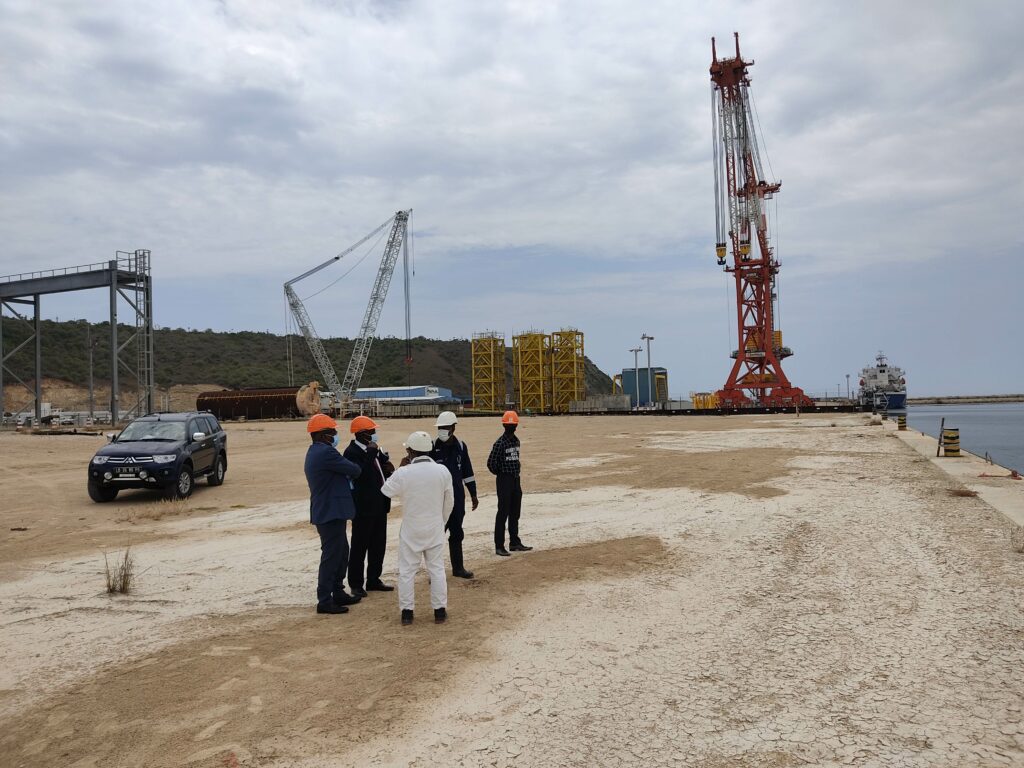Kiel, 05/05/2022: Stefan Liebing conducted an interview with the Schleswig-Holstein Chamber of Commerce and Industry (CCI) for their magazine.
Subject was his company, Conjuncta GmbH, which is developing a project for green hydrogen in Angola together with an African oil company. In the interview, Liebing goes into more detail about why the collaboration represents an enormous opportunity for Schleswig-Holstein.
“Why a hydrogen project in Africa? Can’t you do the same in Germany just as well?”
We currently import two-thirds of our energy needs, but at the same time we want to switch completely to green energies. Coal, gas and nuclear power plants are to be shut down while in addition we also want to make heating and mobility CO2-neutral. According to Liebing, this cannot be achieved if we concentrate only on Germany, and Africa can play an important role here, partly because of its geographical proximity.
“Concretely, what do you want to implement?”
Together with Gauff GmbH & Co. Engineering KG in Nuremberg and Sonangol E. P., the state-owned mineral oil company of Angola, Liebing wants to use green electricity from hydropower to produce hydrogen in a new plant. This hydrogen is then to be converted into ammonia in the next step and shipped liquefied from one of Angola’s well-developed ports.
“To what extent is your project even more important considering the war in Ukraine?”
Energy should be clean, cheap and safe. Unfortunately, these goals are always in conflict with each other. This is where politics always has to make compromises.
Green hydrogen scores points for being clean and independent. Although it won’t be cheaper than Russian natural gas, Liebing thinks the long-term goal will be to switch to hydrogen. Especially once the necessary infrastructure has been set up and the security of supply has been clarified, Africa can become a long-term partner.
“What could the German government do to better support small and medium-sized enterprises in Africa?”
Liebing thinks that the German government has taken an important step with the H2Global initiative. Here, a federally funded company concludes purchase agreements for green hydrogen with non-European producers. Nevertheless, many of the federal government’s initiatives do not achieve their goals or lack specificity. According to Liebing, more pilot projects need to be supported and the federal state of Schleswig-Holstein should also get more involved. Heide and Brunsbüttel, for example, could become main transshipment points, assuming they start talking to suppliers and producers. Co-operations between the port regions of the supplier countries and northern Germany must be established. Why not set up a climate hub for the international trade in green hydrogen?

Source: https://www.ihk-schleswig-holstein.de/share/flipping-book/5513598/index.html

